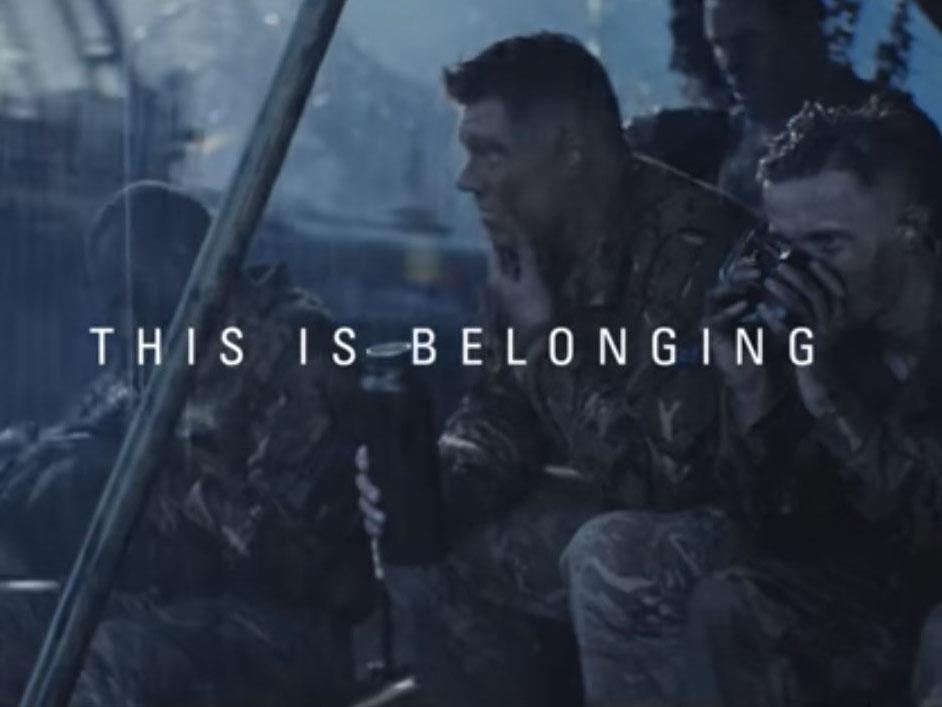British Army targets recruitment of young working class, military document reveals
Campaign focuses on families earning an average of £10,000

Young people from working-class backgrounds are being specifically targeted by the British Army's latest recruitment drive, an internal document has revealed.
A briefing paper for the 'This is Belonging' campaign showed the armed forces focused on filling their ranks with young people from families with a mean income of £10,000.
Army bosses have long denied engineering their campaigns towards people from poorer backgrounds, insisting they draw on a varied talent pool.
But according to a document, obtained by Child Soldiers International and seen by The Independent, the Army's latest campaign focused on 16 to 24-year-old C2DEs — marketing code for young people in the lowest three economic and social groups.
The briefing paper showed people in the "M55" demographic were also targeted, which denotes "low-income homeowners whose adult children are still striving to gain independence meaning space is limited".
The document described plans to “upweight” the national recruitment campaign in northern cities and areas with high deprivation levels including Leeds, Cardiff, Belfast and Newcastle.
As part of its strategy, the Army said it wanted to create the impression of the military as "a brotherhood and sisterhood formed of unbreakable bonds which you can join and will accept you for you”.
Child Soldiers International, which obtained the briefing paper under freedom of information laws, said the document explicitly contradicted claims by the MoD that it was not targeting young people from poorer backgrounds.
It said this group was being "recruited specifically to fill shortfalls in the infantry", where fatalities were highest.
“Adolescent boys with few economic and social opportunities are seen as easy recruits by the MoD and are actively targeted by its advertising campaigns," a spokesperson said.
“The MoD exploits young people with limited options in life, promising them great opportunities but in reality [it] is simply using them to boost recruitment numbers for the most dangerous combat roles.”
The British Army has long been criticised for recruiting under 18s into its ranks. People who are enlisted as minors – at the ages of 16 or 17 – are more likely to join the frontline and be at greater risk of death when they turn 18 than those who join as adults, one report by Child Soldiers International recently found.
Emma Sangster, coordinator of Forces Watch, which monitors the Army's recruitment practises, called for the enlistment age to be raised to 18. She said: "The armed forces present themselves as a vehicle for social mobility for those with few alternative opportunities, but the truth is that many people who have already faced disadvantage, or who are young and vulnerable, do not fare well in the Army for a variety of reasons."
An MoD spokesperson argued that the Army provided young people with good prospects and training.
“This is a national recruitment campaign designed to reach a broad audience which is helping our armed forces fully represent the people they help to keep safe," they said.
"We are proud of the opportunities serving in the armed forces affords young people that aren’t always available elsewhere, from basic literacy education and support for postgraduate degrees, to high-quality accredited training and unique employment prospects.”
Join our commenting forum
Join thought-provoking conversations, follow other Independent readers and see their replies
Comments